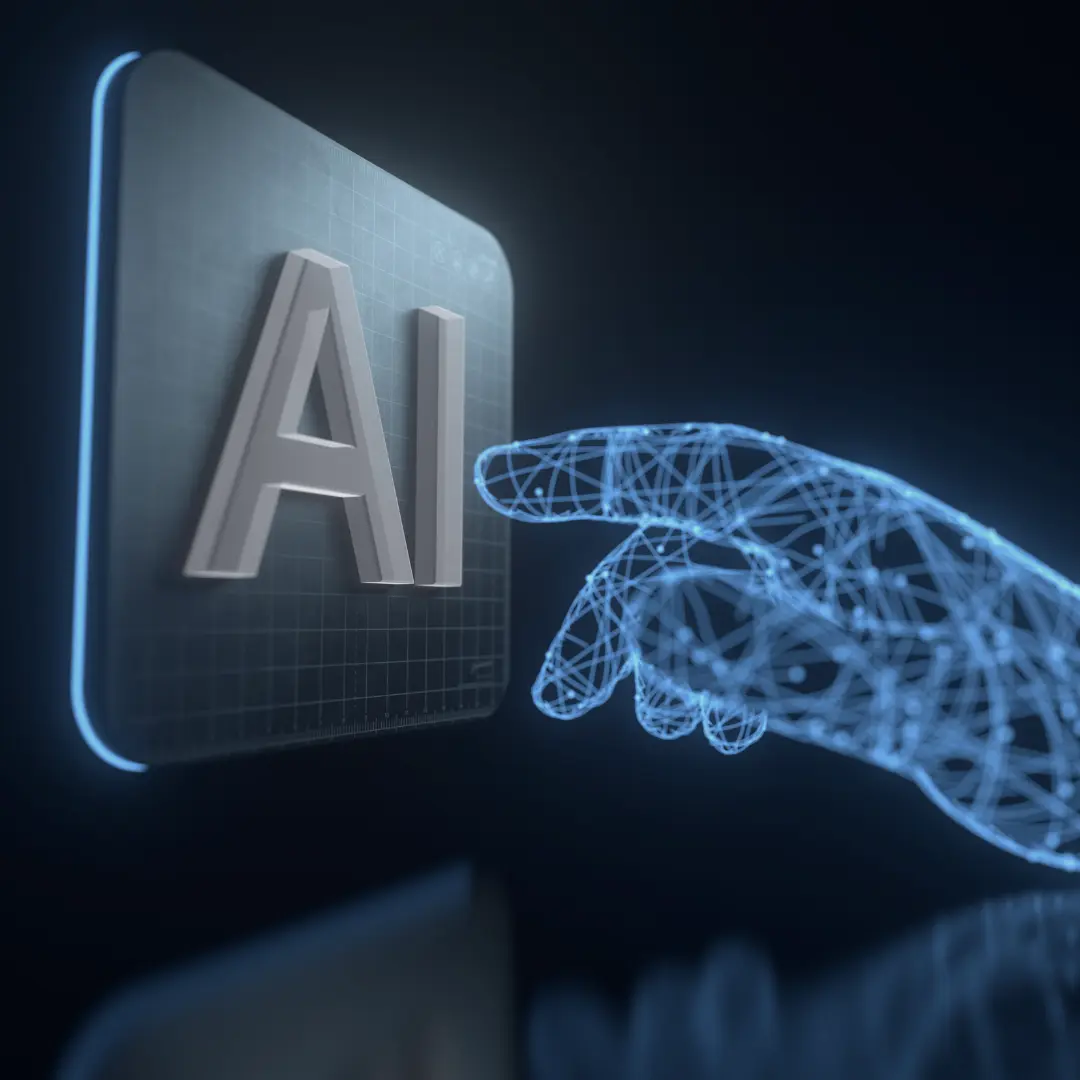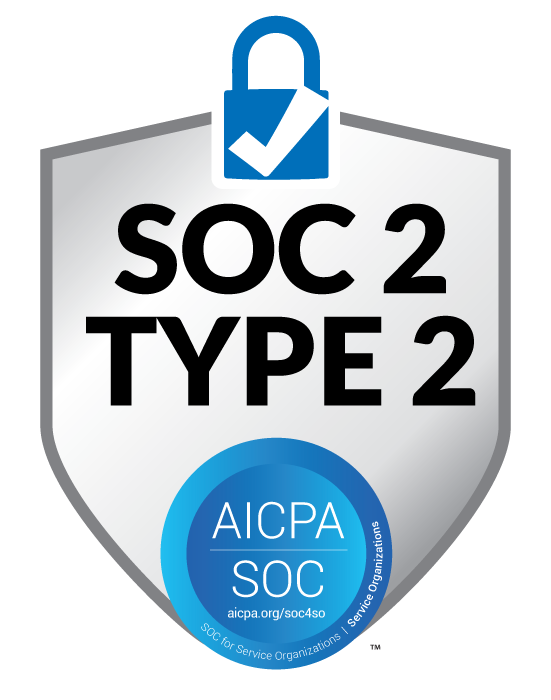Apple’s Strategic Focus on Artificial Intelligence
In a landmark announcement on February 24, 2025, Apple Inc. revealed a comprehensive $500 billion U.S. investment plan spanning the next four years. This initiative, the largest domestic economic commitment in the company’s history, emphasizes advancements in artificial intelligence (AI), semiconductor manufacturing, and workforce development. The investment includes the construction of a 250,000-square-foot AI server facility in Houston, Texas, a multibillion-dollar expansion of domestic semiconductor production through partnerships with TSMC, and the establishment of an educational hub in Detroit to train manufacturers in AI-driven processes. These moves align with Apple’s broader strategy to mitigate geopolitical risks while securing its position as a leader in next-generation computing technologies.
Strategic Drivers Behind Apple’s Investment
Geopolitical and Trade Considerations
Apple’s $500 billion commitment follows heightened trade tensions between the U.S. and China, particularly the 10% tariffs imposed by the Trump administration on imports from China, where Apple’s supply chain remains heavily concentrated. The announcement coincided with a meeting between CEO Tim Cook and former President Donald Trump, during which Cook reportedly pledged to shift manufacturing operations from Mexico to the U.S. Analysts speculate that this investment aims to secure tariff exemptions for Apple’s products, similar to waivers granted during Trump’s first term. By localizing critical infrastructure like AI server production and semiconductor fabrication, Apple reduces exposure to geopolitical disruptions while aligning with U.S. industrial policy goals.
Competitive Positioning in AI
The AI race has intensified among tech giants, with Apple lagging behind competitors like Google and Amazon in consumer-facing generative AI tools. Apple’s plan directly addresses this gap by allocating significant resources to its “Apple Intelligence” platform—a suite of AI features integrated into iOS, macOS, and cloud services. The Houston facility will produce servers dedicated to processing AI workloads, enabling both on-device and cloud-based capabilities such as real-time language translation, predictive text, and personalized recommendations. This infrastructure expansion complements Apple’s existing $20 billion AI R&D investment over the past five years.
AI-Specific Investments within the $500 Billion Commitment
Advanced Semiconductor Manufacturing
A cornerstone of Apple’s AI strategy is its partnership with TSMC. The company will double its Advanced Manufacturing Fund to $10 billion, with a multibillion-dollar commitment to procure advanced silicon from TSMC’s Arizona Fab 21 facility. This U.S.-based production node, which began mass-producing Apple-designed chips in January 2025, is expected to supply 30% of Apple’s global silicon demand by 2026. Securing domestic chip production ensures tighter integration between hardware and AI software, reducing latency and enhancing data privacy.
AI Server Production in Texas
The 250,000-square-foot Houston facility, developed in collaboration with Foxconn, marks Apple’s first U.S.-based AI server manufacturing operation. Scheduled for completion in 2026, the plant will assemble servers for Apple’s Private Cloud Compute (PCC) network, which handles computationally intensive AI tasks like large language model (LLM) inference and training. These servers will feature custom Apple Silicon chips optimized for machine learning workloads, reducing supply chain risks and enabling faster AI model development cycles.
Data Center Expansion for AI Infrastructure
To support its AI ambitions, Apple is expanding data center capacity in North Carolina, Iowa, Oregon, Arizona, and Nevada. These facilities will host the PCC network and leverage renewable energy sources, aligning with Apple’s 2030 carbon neutrality pledge. For instance, the Iowa site will utilize geothermal cooling systems, while the Nevada campus will integrate solar farms to offset significant power demands.
Workforce Development and AI Education
The Apple Manufacturing Academy in Detroit exemplifies the company’s focus on building an AI-ready workforce. In partnership with Michigan State University, the academy will offer free courses in AI-driven manufacturing techniques, training over 10,000 employees annually. Apple also plans to hire 20,000 new U.S.-based engineers specializing in AI/ML, silicon design, and cloud computing, with competitive starting salaries for research roles.
Financial and Operational Implications
Tax Contributions and Economic Impact
Apple’s $500 billion expenditure includes $75 billion in federal and state taxes paid over the past five years, with $19 billion in 2024 alone. The investment is projected to contribute 1.2% to U.S. GDP growth annually through 2028, driven by supplier purchases, construction contracts, and R&D spending. Additionally, $30 billion is allocated to Apple TV+ productions, generating ancillary jobs in creative industries.
Supply Chain Restructuring
The investment accelerates Apple’s shift away from Chinese manufacturing. While 85% of iPhones are still assembled in China, initiatives such as the Houston server plant and TSMC’s Arizona fab reduce reliance on Chinese semiconductor imports by 40%. This diversification mitigates geopolitical risks despite higher U.S. labor costs, partly offset by automating 70% of assembly processes using proprietary robotics systems.
Conclusion: Positioning for an AI-Centric Future
Apple’s $500 billion U.S. investment underscores its conviction that AI will define the next era of consumer technology. By vertically integrating AI silicon production, localizing cloud infrastructure, and cultivating a skilled workforce, Apple aims to differentiate its ecosystem through seamless, privacy-focused AI experiences. However, success will depend on navigating trade policy uncertainties and maintaining innovation velocity against competitors investing heavily in generative AI. With this commitment, Apple not only secures its technological future but also reinforces its role as a cornerstone of American advanced manufacturing and R&D leadership.
About the Author

Rejith Krishnan
Rejith Krishnan is the Founder and CEO of lowtouch.ai, a platform dedicated to empowering enterprises with private, no-code AI agents. With expertise in Site Reliability Engineering (SRE), Kubernetes, and AI systems architecture, he is passionate about simplifying the adoption of AI-driven automation to transform business operations.
Rejith specializes in deploying Large Language Models (LLMs) and building intelligent agents that automate workflows, enhance customer experiences, and optimize IT processes, all while ensuring data privacy and security. His mission is to help businesses unlock the full potential of enterprise AI with seamless, scalable, and secure solutions that fit their unique needs.




